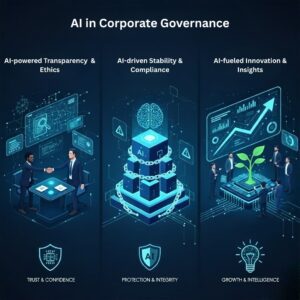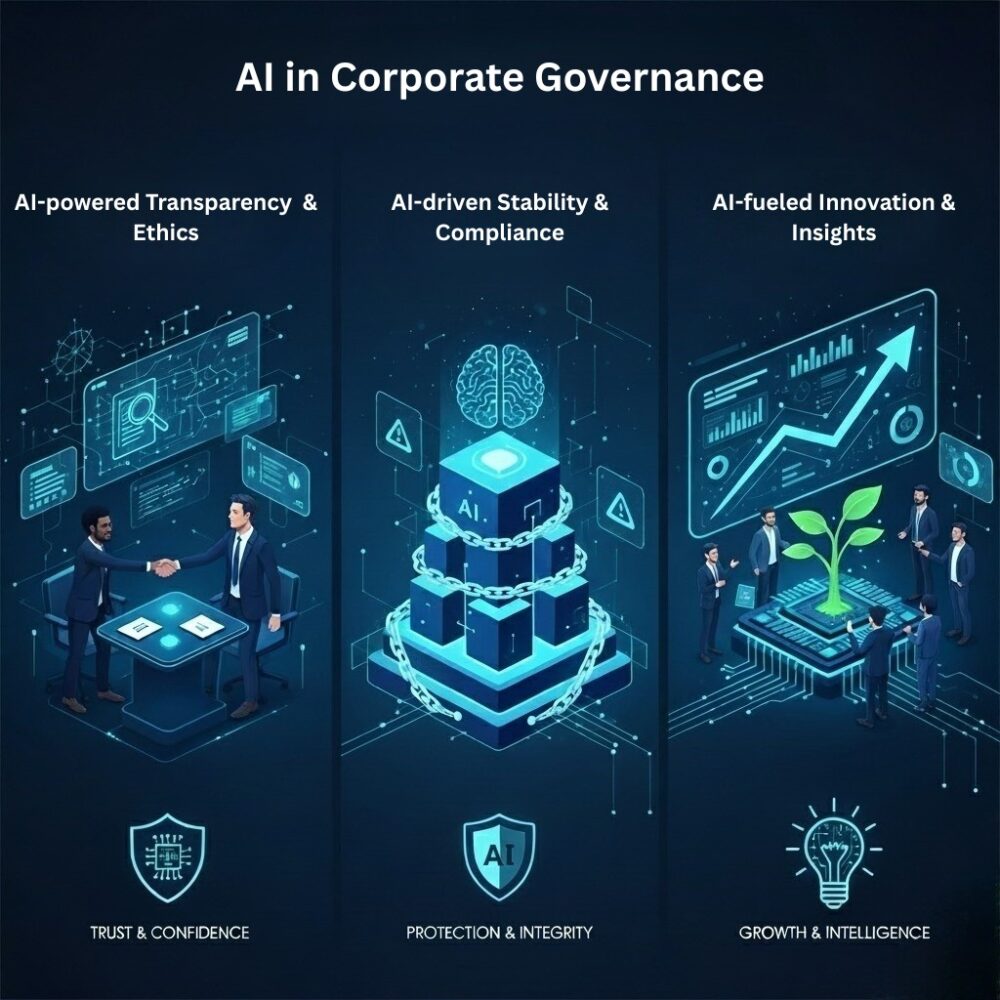
Human society, in its current form, has more or less remained unchanged for thousands of years. It began due to the need for the sort of security that living in large groups can bring but this desire for safety in numbers is but one of many reasons why such groups stay united for an inordinate amount of time. Arguably the biggest factor for a society’s longevity is the willingness of everyone within the community to follow and adhere to a set of rules designed to make everyone’s lives as convenient as possible. This is also known as the rule of law.
One definition of the rule of law is that it is a durable system of laws, institutions, norms, and community commitment that delivers upon the four universal principles which are accountability, just law, open government, and accessible and impartial justice. These are the cornerstones for the relative peace and political stability that we are currently enjoying and with the lack of any major global conflicts it isn’t that difficult for society to take this for granted. With that in mind, it should then be the motivation of groups both private and public to ensure that a just society exists in the world.
Issues and Impacts
Within the realm of sustainability, governance is already a key pillar. After all, it is what the ‘G’ in ESG stands for. For organisations, one area where effective corporate governance is paramount is within its supply chain. To illustrate, let’s look at the textile industry. Historically, many organisations within this space are plagued by allegations of forced labour or unethically sourced raw materials.
Even in 2024, there are still many brands that are reliant on cotton that comes from questionable sources to make their products. Although consumers are obviously very far removed from the sourcing and creation of the products they enjoy, it still doesn’t mean that some lingering sense of guilt won’t exist once they know the source of the products that they are enjoying. That being said, complying with both laws and the demands of one’s own customers is not easy but this is still not an excuse for refusing to try.
Repercussions for the failure to comply with the necessary corporate governance requirements do not always come from a legal direction. Sometimes it may come from a more public space, also known as the court of public opinion and Nike learnt this lesson the hard way.
In 1990, it was discovered that Nike vendors were using sweatshops in Indonesia to produce their goods. It triggered such an intense backlash that Nike eventually acknowledged their responsibility in the matter and met the representatives of the worker’s unions in Indonesia to discuss improvement to their working conditions. While that incident ended on a somewhat happy note, to get to that point it required massive revenue losses in multiple markets.
Then of course, there is also the matter of Boeing. In a bid to keep up with their rival Airbus, Boeing decided to cut corners in regard to the production and sale of their latest aircraft, the Boeing 737- Max 8. Within a year of commercial use, this aircraft was already involved in two accidents which cost the lives of several hundred passengers. Here we see a blatant disregard for safety compliance measures all in the name of profit.
The cost to Boeing itself went beyond the financial – their reputation was now in shambles especially after an investigation by the authorities revealed that those in management were aware of the possible impacts their lack of care would have once the aircraft was made available for sale. At the end of the day, the money that Boeing or any other company facing similar situations would lose can always be recoup in the future – such is the nature of business. However, the loss of life and not to mention the emotional toll on the families of those affected can never be quantified.
How is AI being involved?
Globally, there are numerous watchdogs or governing bodies available to help monitor these indiscretions. Global Witness, Transparency International, and Human Rights Watch to name a few. While the effort that they have put in has been commendable, it is far from perfect, and AI might just be the force multiplier that they need to be more effective.
Examples of AI tools available at the market right now is Signal AI and Treefera. These tools help organisations say abreast of regulatory requirements to ensure that they stay compliant with the relevant laws at all times. In fact, the AI involved goes even further and can even examine what is the trending topic among the local population within the digital space. Using this data, key personnel from either the government or private sectors can understand what the most pressing issues of the day are and make the appropriate decisions.
Ethics with AI – a 21st century update to an age-old concept
On the whole, this has been another exercise on how ethical use of artificial intelligence can benefit humanity. As the saying goes “prevention is better than cure” and the aforementioned corporate governance tools are only a glimpse into what AI can do to help us better hold one another accountable for the impact that we have within our communities.





